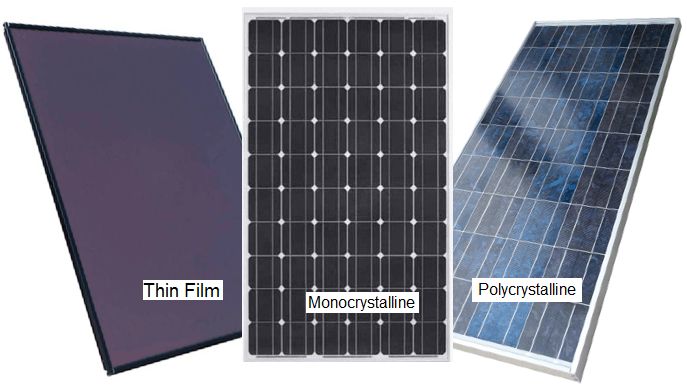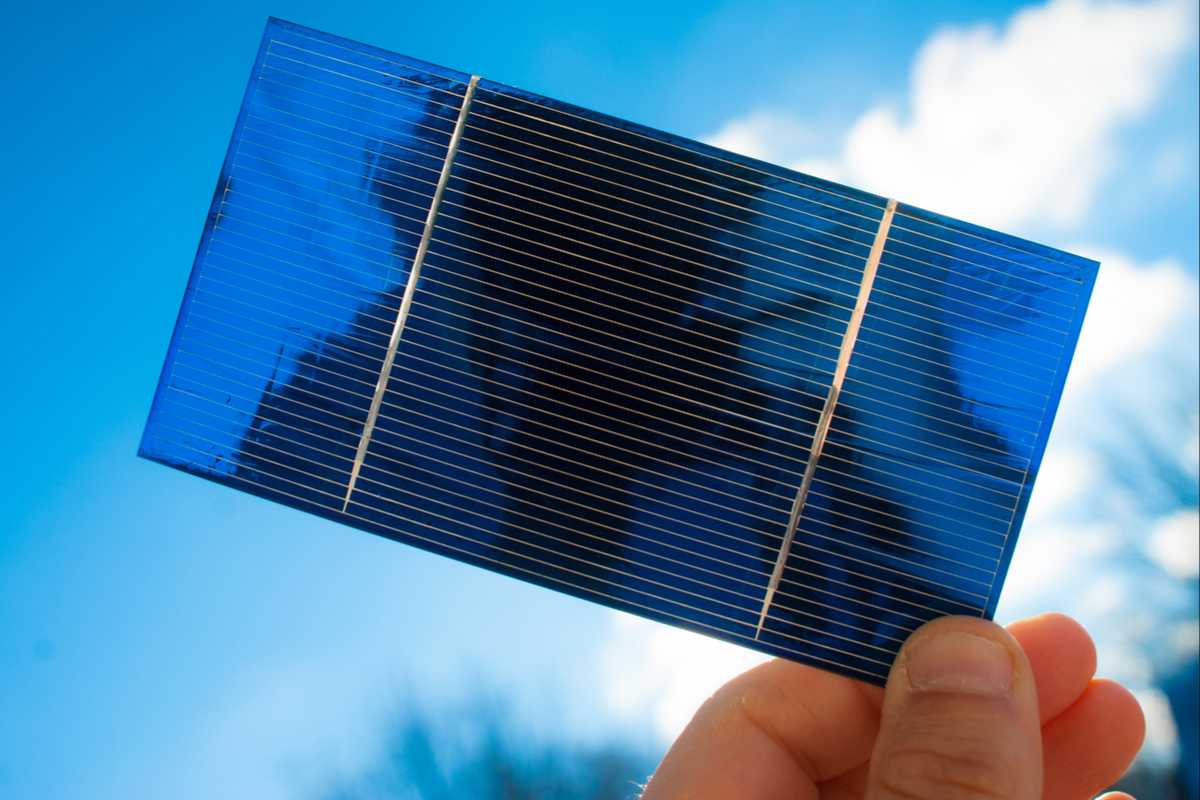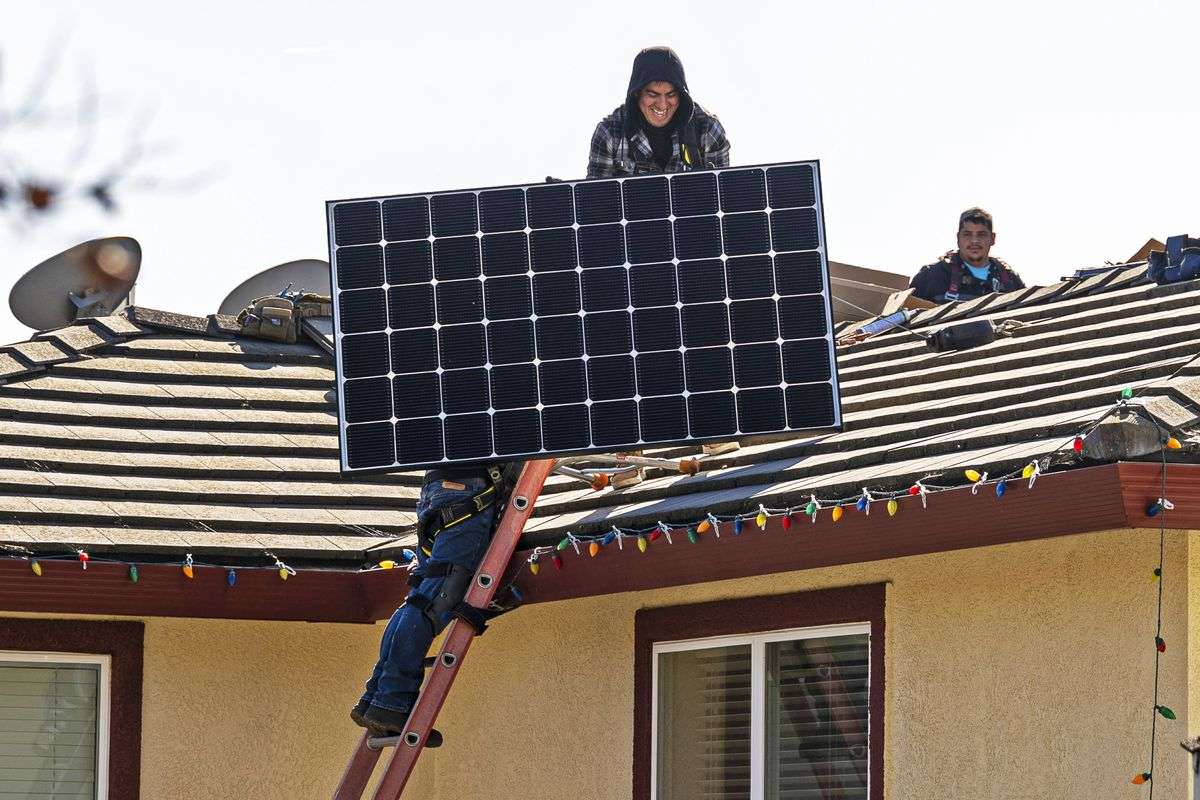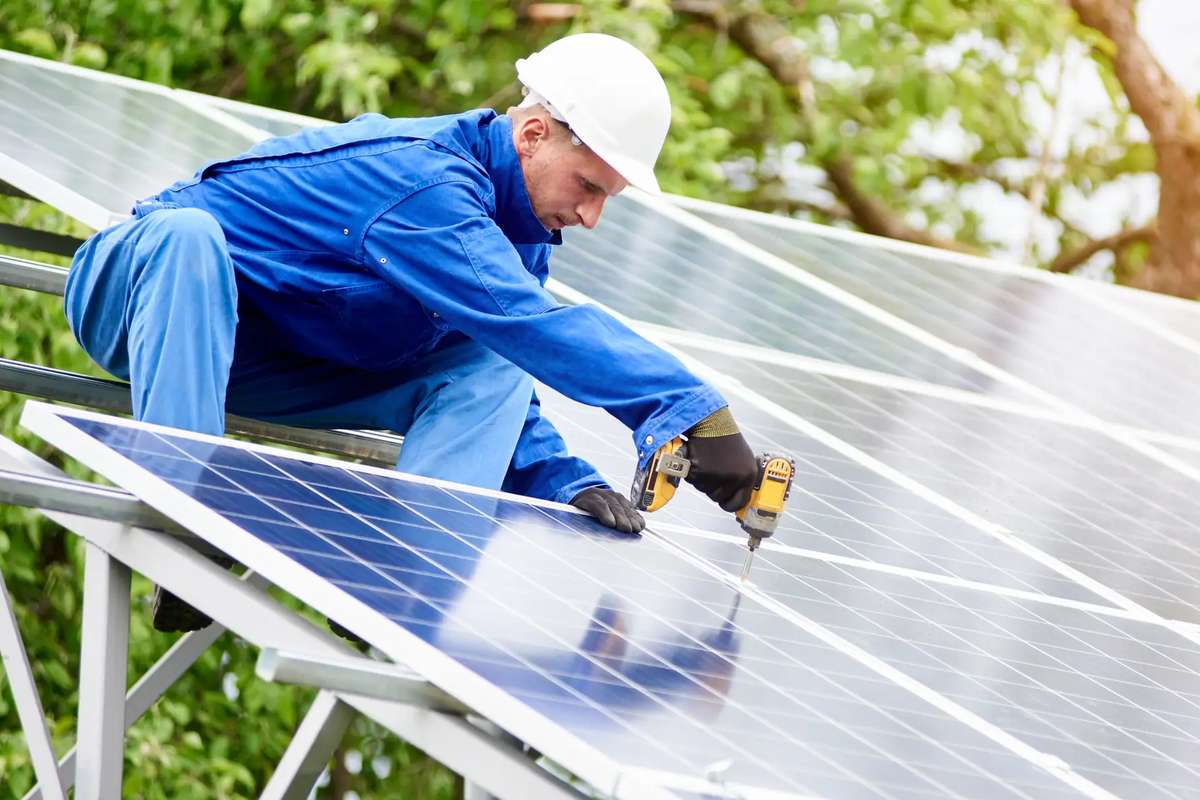Solar panels have become a popular choice for homeowners looking to reduce their carbon footprint and electricity bills. If you’re considering installing solar panels on your home this year, here are five key things you should know:
Energy Needs and Solar Potential Assessment
Begin by evaluating your household’s energy consumption.
Your electricity bills will give you an idea of your monthly energy requirements. Understanding your energy usage will help in sizing the solar panel system appropriately. Additionally, you have to assess the solar potential of your home. Factors such as your location’s sunlight hours, roof orientation and angle, and potential shading can impact the efficiency of a solar panel system.
Luckily, there are tons of online tools that can help in this assessment. Alternatively, you can consult with local solar energy experts for a more personalized evaluation.
Types of Solar Panels

The three primary types of solar panels are monocrystalline, polycrystalline, and thin-film. Monocrystalline panels are suitable for homes with limited roof space but come with a higher price tag. Polycrystalline panels are more budget-friendly but slightly less efficient.
Thin-film panels, while the least efficient, offer flexibility in installation and can be a viable option for certain roof types or architectural designs.
When choosing the type of solar panel for your house, it’s important to balance factors like budget, space, and aesthetic preference when choosing the type of solar panel.
Financial Incentives and Options
Investigating available financial incentives can significantly reduce the initial cost of solar panel installation. Many governments offer tax credits, rebates, or grants to encourage renewable energy use.
Additionally, you want to explore different financing options. Solar leases and power purchase agreements (PPAs) allow homeowners to use solar energy without buying the system outright, while solar loans can offer a path to ownership with manageable payments.
These options can affect both your short-term budget and long-term savings, so it’s important to understand the terms and potential benefits thoroughly.
Installation and Ongoing Maintenance
The importance of choosing a reputable installer cannot be overstated. Look for professionals with certifications and a proven track record. They should not only install your system but also provide guidance on its operation and maintenance.
Solar panels generally require minimal upkeep, mainly keeping them clean and free from obstructions like leaves or snow. Understanding the warranty and what it covers is also crucial for long-term maintenance and support.
Property Value and Insurance Considerations
Solar panels can increase your property’s value. Homes with solar systems have been shown to sell faster and for higher prices. However, it’s essential to communicate with your home insurance provider about the installation.
Solar panels might change your property’s value and risk profile, potentially affecting your insurance coverage and premium.
Final Thoughts
Solar panels can offer significant benefits, but it’s vital to make an informed decision. By considering the abovementioned aspects, you’ll be well on your way to a successful solar panel installation in 2024.



